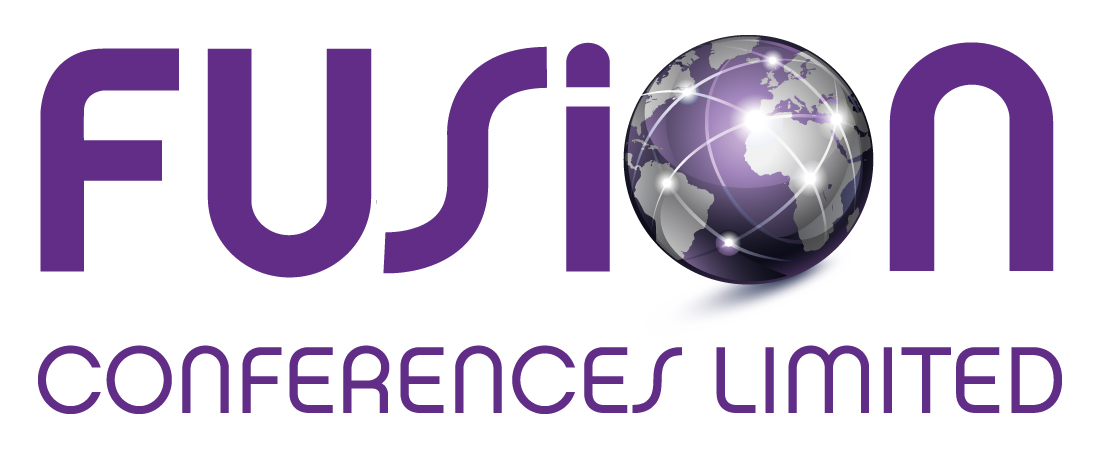
5th Interventions in Aging Conference
#FusionAging25
Date of beginning
Saturday, 04 October 2025Duration
4 daysDeadline for abstracts
Friday, 04 April 2025City
St, JuliansCountry
MaltaContact
Rosie JohnsonExpected participants
80Memo
Molecular and cellular mechanisms of aging are the main contributors to age-related decline, frailty, diseases and multimorbidity. The contributions of these aging mechanisms vary between different types of organisms, cell types and tissues, but they are conserved over large evolutionary distances and genetic, lifestyle and pharmacological interventions can ameliorate their effects. These findings have led to the geroscience approach, which aims to develop broad-spectrum preventative defences against age-related impairments, by targeting their main risk factor, aging. Important current challenges in the field are (1) to assess the roles of somatic mutation and impaired genes expression, (2) to understand the origins of the highly damaging age-related increase in inflammation, (3) to specify the multiple interactions between organs that combine to produce age-related impairments, (4) to better understand interactions within cells that lead to decline in their function, (5) to evaluate the promise and challenges of regenerative interventions and cellular reprogramming. This fifth meeting will explore these topics, with particular emphasis on new knowledge and its potential for translation into benefits to human health during aging.

